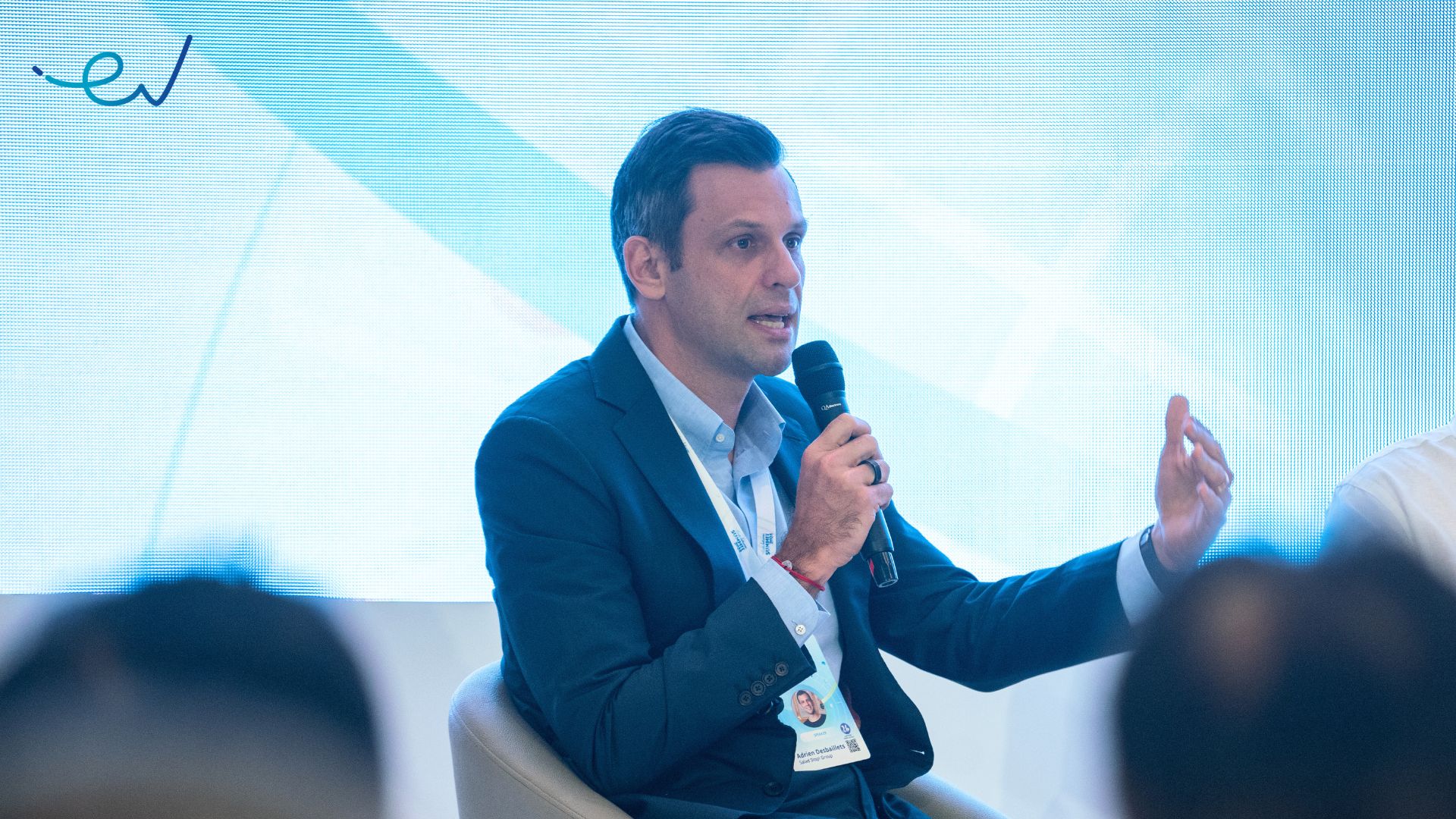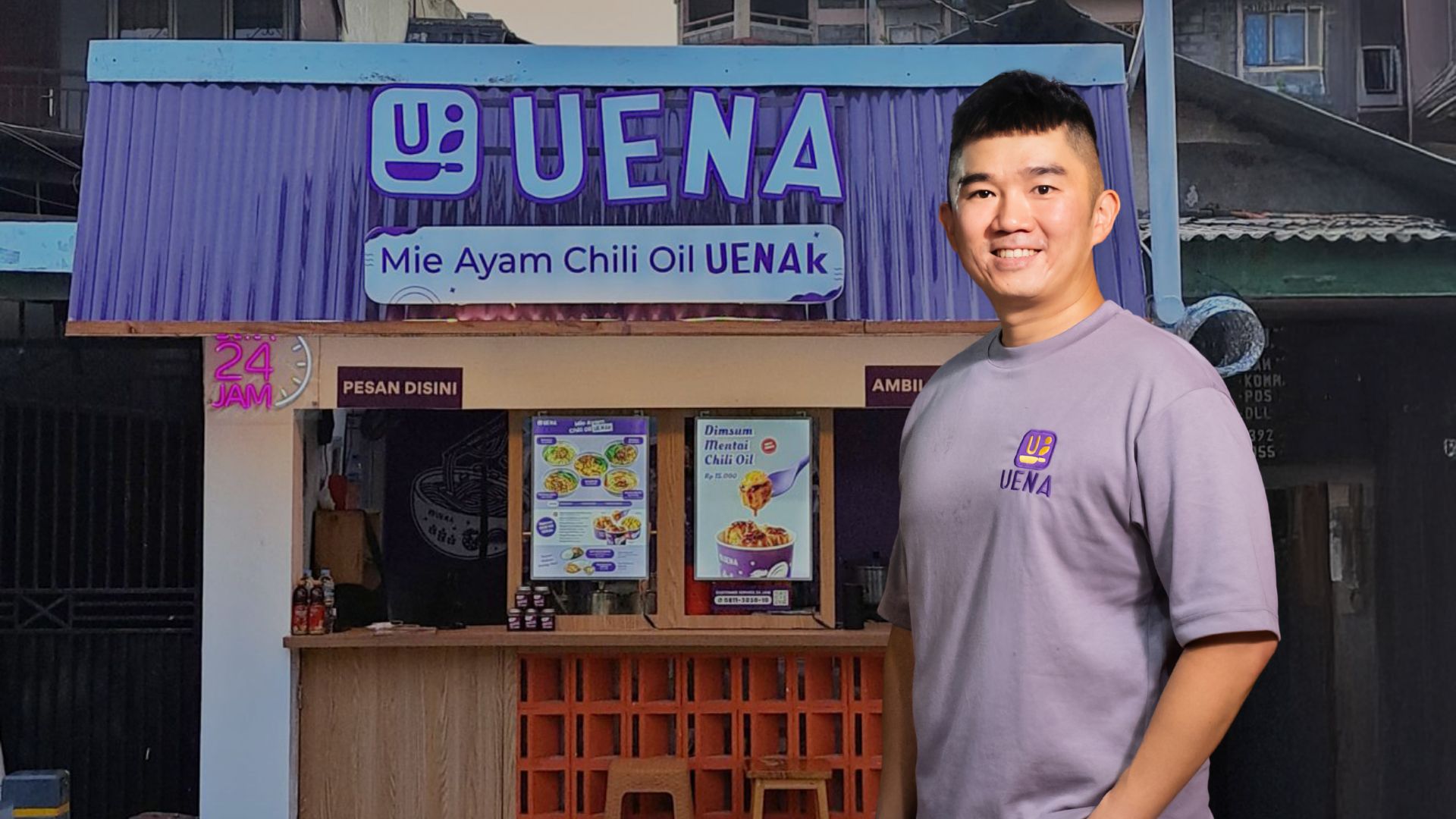Chatbots are only the start of it. Adrien Desbaillets, the CEO of SaladStop!, explains how his team is leveraging automation to reach for entirely new B2B partnerships.
Popular healthy eating chain SaladStop! is working on a generative AI tool that will provide customers with personalized recommendations for what to order.
The chatbot, dubbed ‘Lulu’, has been in the works for over a decade, says CEO Adrien Desbaillets: it started out as a response to constant queries from health-conscious customers wanting to know the nutritional profile of various ingredients, the potential allergens, the allowable level of personalization, and so on.
SaladStop!’s proprietary AI is built on the company’s own database, collected over years of studying customer preferences, and Desbaillets calls it a natural next evolution of the product: a way to automate personalization while tracking availability of ingredients, location of the nearest store in relationship to the customer, turnaround time, and more.
“On the operational front, it will alleviate pressure for the team,” he said. “We think it will drive about 20% more efficiency to our operations and allow the team to just focus on customer service.”
SaladStop!’s business model means that its stores get a lot of customers with very specific requests that can be time-consuming, and automating such orders reduces the time spent on delivery and the potential for error.
More interestingly, though, Desbaillets foresees that the generative AI engine will open up additional B2B revenue streams.
While its surface use is purely B2C—streamlining orders and speeding up production time—the chatbot’s ability to recommend meals based on a customer’s specific nutritional requirements can potentially interface with completely different businesses.
For example, he predicts that fitness centres can use the SaladStop! chatbot to create meal plan programmes tailored to a customer’s fitness objectives.
Hospitals might be able to develop similar programmes based on a patient’s medical needs: sugar reduction, cholesterol monitoring, fiber intake, and so on.
“We still are fundamentally an F&B business… It’s the same footprint, the same technology, but now opening up new revenue streams,” he said. “The problem statement has not changed.”
Where SaladStop!’s app differs from other health apps that roll out meal recommendations is that its suggestions actually come with the food—”something you can pick up in 15 minutes,” he described it.
The chatbot, built on a generative AI service provided by Amazon Web Services (AWS), is not quite ready for full consumer interactivity yet. It was first launched last year and announced at the AWS Summit Singapore in June.
Desbaillets is firm, however, that despite the potential, he and his team have set a hard limit on how they will use it.
“The very clear line for us is that we can take in a data point if you want the meal to be built a certain way, but we will not take in your medical report. We will not help analyze and provide recommendations. We are not doctors. We are F&B operators, and this comes down to the ethics around AI and the sort of the data you collect.
We will know if you’re vegetarian or if you prefer spicy or Japanese, but we won’t keep anything else. You can filter by preferences, but that’s the limit of where we go. Doctors are the specialists. We do the food.”
The original article was published in People Matters Global, 9 July 2025.






